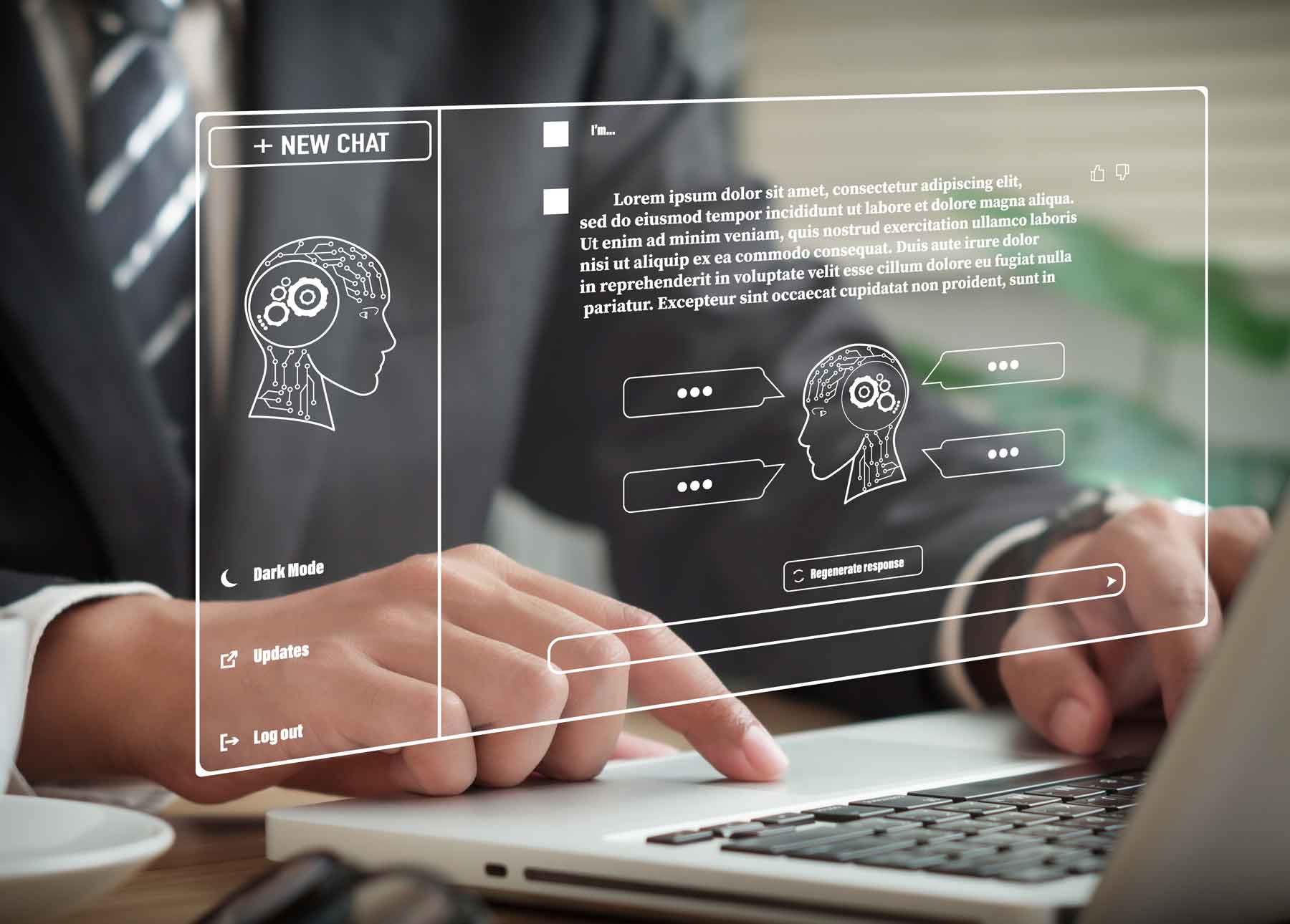The global market for artificial intelligence in the enterprise sector is experiencing exponential growth, fueled by the proliferation of data, demand for automation, and recent advances in generative AI.
Explosive Growth
AI Is Booming—And We’re Built for It
According to Fortune Business Insights and Grand View Research:
The global enterprise AI market was valued at approximately $28.1 billion in 2023 and is projected to exceed $110 billion by 2030, representing a compound annual growth rate (CAGR) of over 21%.
The global conversational AI market was valued at approximately $13.9 billion in 2024 and is projected to reach $49.9 billion by 2029, growing at a CAGR of 29.5%.
The AI document processing market alone—covering intelligent document understanding, retrieval, and automation—is forecast to reach $13.4 billion by 2027, driven by the digitization of legacy processes in financial services, legal, and healthcare sectors.
Adoption rates in regulated industries such as healthcare and finance are expected to increase 3x between 2024 and 2028, as AI solutions mature to meet compliance and auditability standards.


This explosive growth is not only driven by technological innovation but also by a fundamental shift in enterprise expectations: AI is no longer seen as experimental but is rapidly becoming mission-critical for operational efficiency, risk management, and customer experience.
Key drivers include:
Labor cost savings
Need for 24/7 customer support
Remote work standardization
Proliferation of LLMs and vector databases
Regulatory emphasis on compliant automation
The surge in support volumes combined with expectations for instant answers and personalization has made AI chatbots a business-critical necessity, not a luxury.
Regulatory Environment as a Market Catalyst
The regulatory environment, once viewed as a barrier to AI adoption, is becoming a catalyst for enterprise-grade, compliant platforms like Neuralbase. Key developments include: